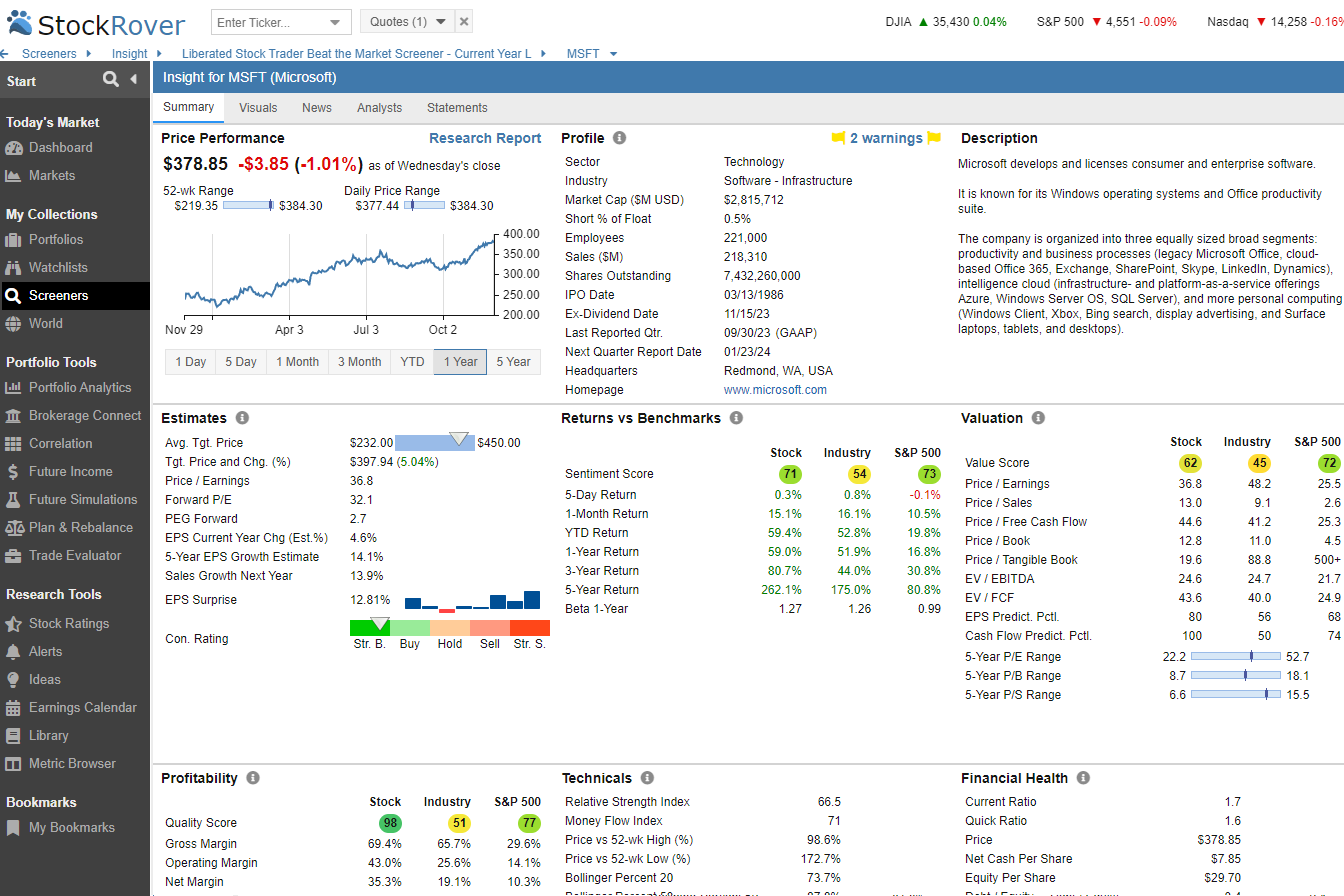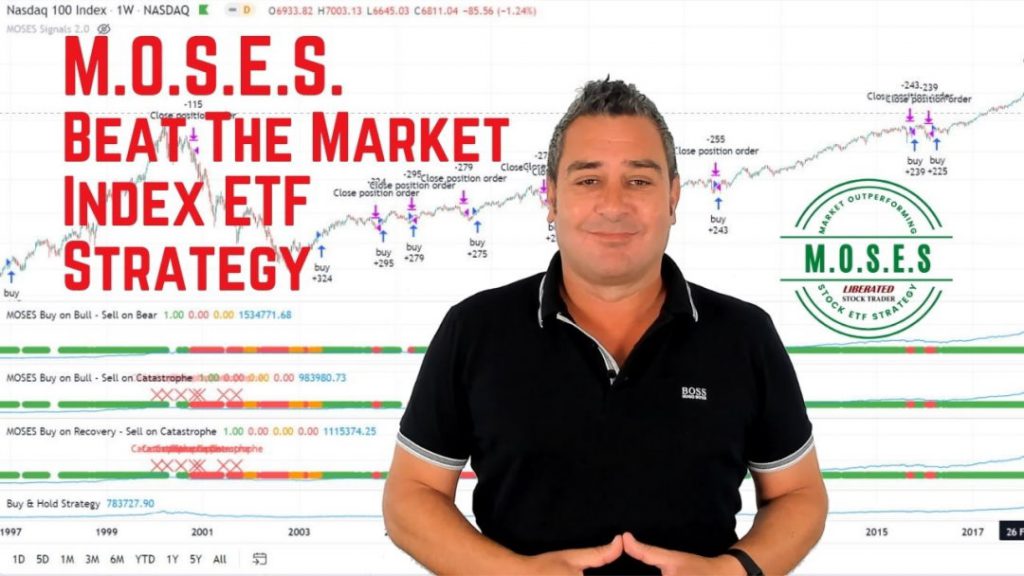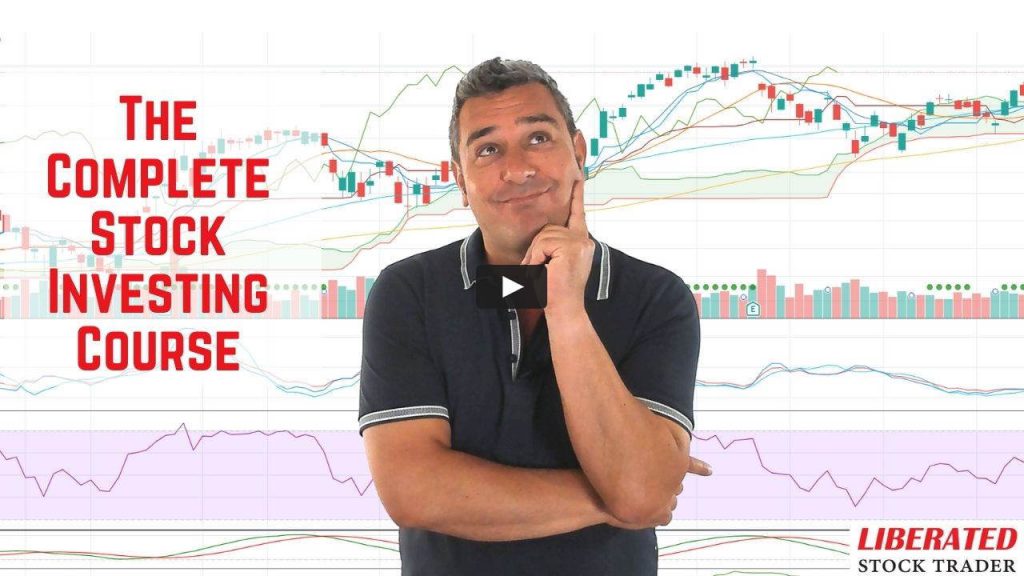Cheap stocks can be a good way to get started in the stock market. You can find cheap stocks by looking for companies undervalued by the market.
Everyone loves a bargain. We spend countless hours hunting for the lowest price for that TV we want to buy or looking for discounts on our favorite foods. The stock market is no different. Many people hunt for cheap stocks. But what do cheap stocks mean?

What are Cheap Stocks?
Cheap stocks are simply stocks of public companies that trade at relatively low prices. The prices of these stocks are usually low because the company is not doing well or a small company that is not well known.
Are Cheap Stocks Worth Buying?
That depends on how your approach to investing. If you are a value investor, you believe these stocks are undervalued and have the potential to increase in price.
On the other hand, if you are a growth investor, you may not be as interested in cheap stocks because you are more focused on companies that are growing quickly.
So, what is the right answer? It depends on your investing strategy and what you seek in a stock. If you are willing to take on more risk, cheap stocks may be a good option.
Remember to research before buying any stock, cheap or otherwise.
What are the benefits of buying cheap stocks?
There are two main benefits of buying cheap stocks. First, you can make much money if the stock price increases. Second, since the stock price is already low, you don’t have as much to lose if the stock price goes down.
What are the risks of buying cheap stocks?
There are also two main risks of buying cheap stocks. First, since the stock price is already low, there is less room for the stock price to go up. Second, since these companies are not doing well, they may leave the business, meaning you would lose all your investment.
Should you buy cheap stocks?
The answer to this question depends on your investment strategy and what you seek in a stock. If you are willing to take on more risk, cheap stocks may be a good option. Remember to research before buying any stock, cheap or otherwise.
What is a cheap stock? How do you know if a stock is cheap? Cheap stocks are not always what they seem; in this section, we look at what makes a good stock value, not just high risk.

Try Powerful Financial Analysis & Research with Stock Rover
What does “Cheap Stock” really mean?
A stock might be cheap, depending on what you are looking for.
Anything might be cheap, based on several reasons. A Ferrari might be cheap because the seller wants a quick sale; it might still cost $50,000, but relatively, that might even be a bargain. A washing machine might be cheap because the demand for washing machines has dropped, and the manufacturer needs to get rid of surplus stock and lower the price.
A dishwasher might be cheap because its manufacturer uses inferior materials and labor to undercut the competition, and the product may be a poorly designed, low-quality piece of junk. Cheap is definitely in the eye of the beholder.
What types of cheap stocks exist?
Depending on what you are looking for, you can find cheap stocks everywhere you look. However, most people look for their specific version of cheap. This is one of the single biggest mistakes most amateurs make.
Cheap stocks based on a low stock price
This is where most beginners of the stock market begin. People take the same ideas about bargain hunting from the real world into the stock market. Evergreen Energy Inc (Ticker: EEE) has a share price of $0.20, which sounds cheap compared to one of the higher-priced stocks on the US stock market, Google (Ticker: GOOG), priced at $489.83. But just because EEE has a stock price of 20 cents does not make it cheap, nor does GOOG’s stock price make it expensive.
Google’s historical price high was circa $747 back in November 2007; since then, it hit a low of $259; at $259, it could be considered cheap, as, in less than two years, it has nearly doubled in price.
Evergreen Energy hit a price high in 2006 of $21.49 and has lost over 99% of its value. The company must have done many things badly to lose over 99% of its value. It is now very cheap but has had no revenue growth over the past five years and does not look to have made a profit in this time frame either. If this stock continues down and goes bankrupt, this means you will lose your entire investment. That does not make it cheap; it’s very expensive and extremely risky.
The cheap stock price experiment
Using the excellent stock screener Stock Rover, I examined the price performance of all US Stocks over the past year to date, 2022. We analyzed stocks with a stock price of lower than $5, lower than $10, and those with a price of higher than $10.
Cheap Stocks – Prices Lower than $5
Stocks with a price lower than $5 – how many beat the performance of the S&P-500 by more than +10% = 891
Stocks with a price lower than $5 – how many were worse than the performance of the S&P-500 by more than (minus) -10% = 1571
If you had randomly bought stocks with a price lower than $5, you would have had nearly twice as many losers as gainers.
Cheap Stocks – Prices lower than $10
Stocks with a price lower than $10 – how many beat the performance of the S&P-500 by more than +10% = 1270
Stocks with a price lower than $10 – how many were worse than the performance of the S&P-500 by more than (minus) -10% = 1850
This means buying stocks with a price lower than $10 would have a 59% chance of losing on average.
Cheap Stocks – Prices higher than $10
Stocks with a price higher than $10 – how many beat the performance of the S&P-500 by more than +10% = 1265
Stocks with a price higher than $10 – how many were worse than the performance of the S&P-500 by more than (minus) -10% = 572
Interestingly, if you had randomly bought stocks with a price higher than $10, you would have had a 67% chance of beating the SP-500 average, e.g., the market.
The key here is not the stock price but the expected returns.
This experiment showed that the stock price is meaningless, and there is probably less chance of finding high performance with a stock priced lower than $5 or $10.
Caution – Do not base an entire investing strategy on this test.
You want to be a successful stock investor but don’t know where to start.
Learning stock market investing on your own can be overwhelming. There’s so much information out there, and it’s hard to know what’s true and what’s not.
Liberated Stock Trader Pro Investing Course
Our pro investing classes are the perfect way to learn stock investing. You will learn everything you need to know about financial analysis, charts, stock screening, and portfolio building so you can start building wealth today.
★ 16 Hours of Video Lessons + eBook ★
★ Complete Financial Analysis Lessons ★
★ 6 Proven Investing Strategies ★
★ Professional Grade Stock Chart Analysis Classes ★
Cheap stocks based on historical and future earnings
Earnings & Revenue Growth
A simple way to value a stock is to look at its historical and future earnings. Let’s take another look at Google, the fifth-highest-priced share in the US Stock Market.
Google is currently about 34% cheaper than in November 2007. Does that make it cheap…maybe? However, it has five-year revenue growth of 43%, EPS percentage changes the latest year of 61%, and a P/E Ratio (The Stock Price per Share / Earnings per Share) of only 21. Now, if we expect Google’s earnings growth to continue at this rate into the future, combined with the P/E valuation of only 21 and the expected earnings growth of 40%, then we could say that Google is very cheap, even though it does have a high share price.
Cheap stocks based on asset valuation
Value Investing
The bible on value investing is called the Intelligent Investor by Benjamin Graham, and it is an excellent book.
You could base your opinion on whether a stock is cheap on simple asset valuation or how much the company’s current assets and cash in the bank are worth. For example, let’s assume a company has 50 million shares outstanding. Let’s also assume that this company has $150 million cash in the bank in short-term investments (Current Assets) if the Stock Price of this company is $3 per share. Then, if we divide the current assets worth $150 million by the outstanding shares of 50 million, we get a cash per-share value of $3. If the stock price is $3, you have essentially found a fantastic value investment (providing the company is not swamped in debt or massive pending liabilities).
The stock price of any reasonably good company will usually not fall below the value of the cash and current assets it holds.
Cheap Stocks Summary
Do not think a stock is cheap because its dollar price is below a specific value. Think about the quality of a company and the fundamentals before you judge a stock to be cheap
Low-price, penny, and micro-cap stocks are low-priced for a reason. Usually:
- Bad management
- Failure to adapt to changing market conditions
- A shrinking market
- Uncompetitive products
- Bad financial management
Further Reading – 4 Ways to Find Cheap Stocks
Lesson Section Summary
In this section, we looked at stock analysis and how it is done. We also looked at how to assess the market direction, known as Dow Theory. We then moved on to the stock market rating agencies and introduced you to fundamental analysis.
We then covered the three important documents you need to understand: the balance sheet, the income statement, and the cash flow statement.
Finally, we discussed two important concepts you must grasp: earnings per share and the price-earnings ratio.
Beat The Market, Avoid Crashes & Lower Your Risks
Nobody wants to see their hard-earned money disappear in a stock market crash.
Over the past century, the US stock market has had 6 major crashes that have caused investors to lose trillions of dollars.

The MOSES Index ETF Investing Strategy will help you minimize the impact of major stock market crashes. MOSES will alert you before the next crash happens so you can protect your portfolio. You will also know when the bear market is over and the new rally begins so you can start investing again.
MOSES Helps You Secure & Grow Your Biggest Investments
★ 3 Index ETF Strategies ★
★ Outperforms the NASDAQ 100, S&P500 & Russell 3000 ★
★ Beats the DAX, CAC40 & EURO STOXX Indices ★
★ Buy & Sell Signals Generated ★
MOSES Helps You Sleep Better At Night Knowing You Are Prepared For Future Disasters

